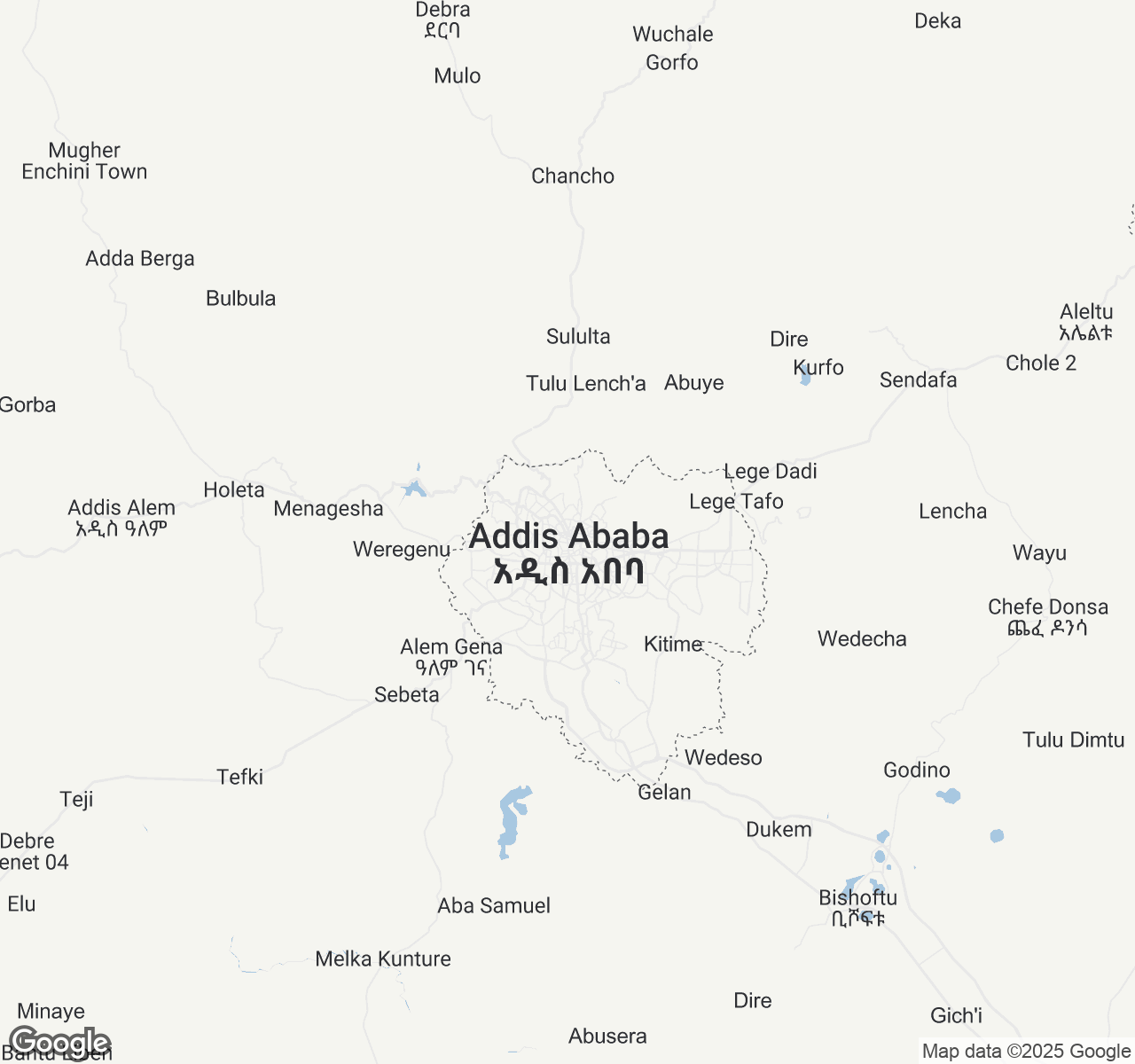
Things to Do in Addis Ababa
Discover the best of Addis Ababa
Plan Your Trip
Essential guides for timing and budgeting
Top Things to Do in Addis Ababa
Discover the best activities and experiences. Book now with our trusted partners and enjoy hassle-free adventures.
Your Guide to Addis Ababa
About Addis Ababa
Where the highlands kiss the clouds and ancient coffee ceremonies unfold beneath jacaranda blooms, Addis Ababa pulses with the heartbeat of Africa itself. This sprawling capital, perched at 2,400 meters above sea level, breathes with the rhythm of a continent awakening—where Orthodox churches echo with centuries-old chants while modern light rail whispers through bustling streets. Here, the birthplace of coffee culture meets diplomatic grandeur, as the African Union headquarters stands sentinel over neighborhoods where Lucy's ancient legacy still whispers through museum halls. The air carries the intoxicating blend of berbere spices and eucalyptus, while the gentle persistence of highland mist creates an almost mystical atmosphere. In Merkato's labyrinthine alleys, traders speak a dozen languages, and in quiet cafés, intellectuals debate over steaming cups of ceremonial coffee. This is Ethiopia's beating heart—a city where time moves differently, where hospitality flows like honey, and where every sunset over the Entoto Mountains reminds you that you're standing on the roof of Africa, breathing in stories that span millennia.
Travel Tips
Transportation: Use the efficient Light Rail Transit system connecting major areas like Merkato and Kaliti. Blue taxis are metered and reliable for short distances. For longer trips, negotiate prices with contract taxis beforehand or use ride-hailing apps like Ride or ZayRide.
Money: Ethiopian Birr (ETB) is the only accepted currency. Bring US dollars (post-2013) for exchange at banks or authorized dealers. Credit cards work only in upscale hotels and restaurants. Always carry cash, as ATMs can be unreliable outside central areas.
Cultural Respect: Dress modestly when visiting churches—cover shoulders and legs. Remove shoes before entering Orthodox churches and mosques. Use both hands when giving or receiving items. Avoid public displays of affection, and ask permission before photographing people, especially in religious settings.
Food Safety: Enjoy injera and traditional dishes at established restaurants with high turnover. Drink bottled or boiled water; avoid ice unless at reputable venues. Street food is generally safe if cooked fresh before you. Raw beef dishes like kitfo are local delicacies but choose trusted establishments.
When to Visit
Addis Ababa enjoys a temperate highland climate year-round, with temperatures ranging from 15-25°C (59-77°F). The dry season (October-May) offers the most comfortable conditions, with clear skies and minimal rainfall (less than 50mm monthly). January-February are coolest but sunniest, perfect for city exploration and mountain excursions. March-May brings warmer days and occasional afternoon showers. The main rainy season (June-September) sees daily downpours and cooler temperatures (10-20°C), but fewer crowds and 20-30% lower accommodation prices. Peak season (December-February) coincides with major festivals: Timkat (Ethiopian Epiphany, January 19) features colorful processions and water blessings, while Ethiopian Christmas (January 7) brings special church services. Expect 40-50% higher prices during these months. Shoulder seasons (March-May, October-November) offer excellent weather with moderate pricing. The Ethiopian New Year (Enkutatash, September 11) marks the end of rains with flower-covered landscapes. Business travelers should note that accommodation peaks during African Union summits (typically January/February). First-time visitors benefit most from October-December visits, combining perfect weather with post-rain green landscapes, while budget travelers should consider July-August despite daily showers.

Addis Ababa location map